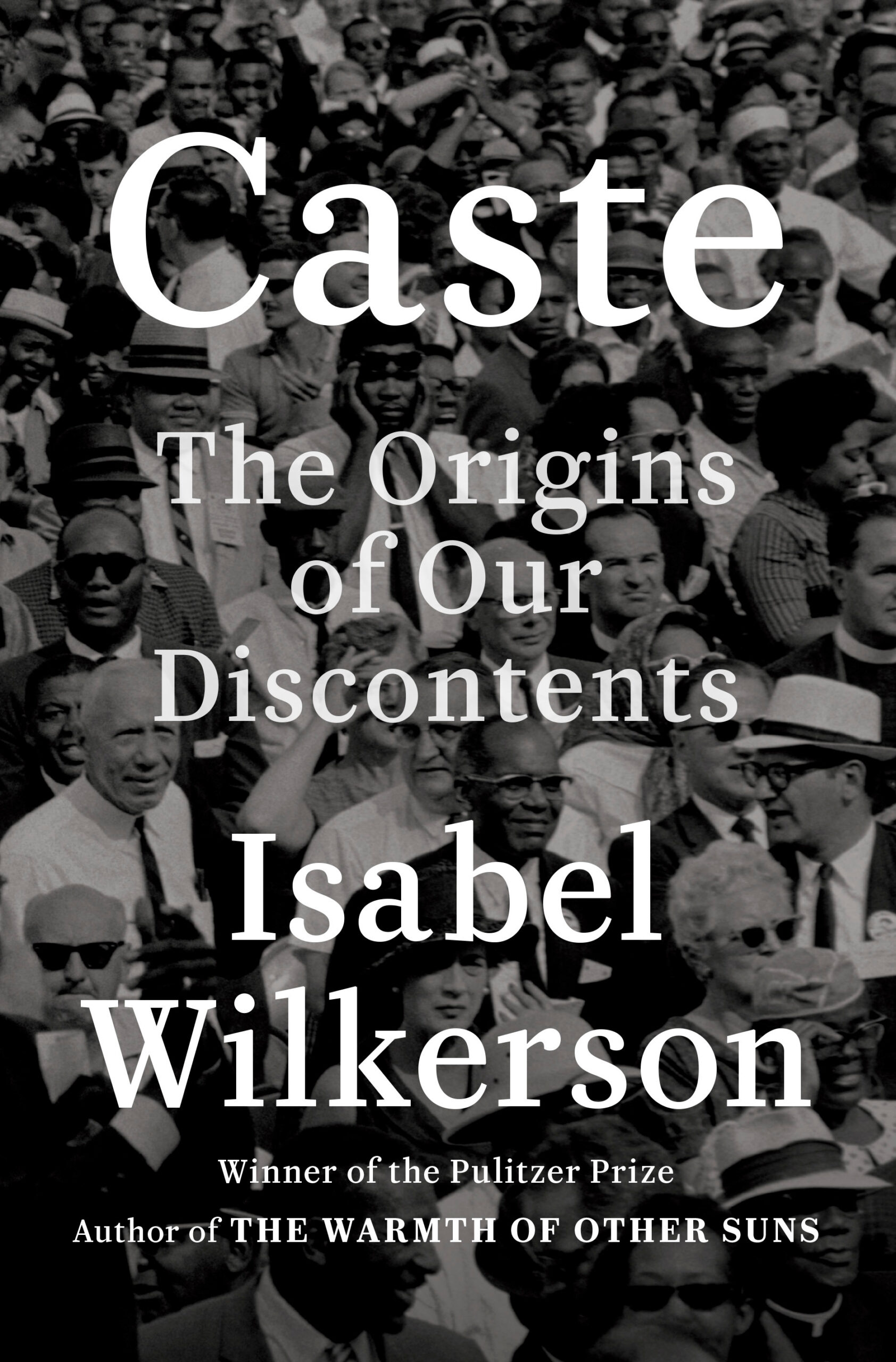Caste: The Origins of Our Discontents by Isabel Wilkerson (Random House)
New York Times journalist Wilkerson gained national fame (and an NBCC award) for The Warmth of Other Suns, an exhaustively researched history of the Great Migration that sent early 20th century African Americans North in search of better lives. This second book grows out of her earlier reporting, but it’s a different, and a tightly argued, affair. Taking sides in a decades-old controversy among anthropologists, Wilkerson argues forcefully and persuasively that American white supremacy and institutional racism, traditional Indian social stratification, and the Nazi vilification of Jews represent examples of the same phenomenon, caste—the organization of a whole society around immutable, hierarchical, and (crucially) heritable distinctions among types of persons. “The tyranny of caste is that we are judged on the very things we cannot change,” and these things provide (for example) supporters of American racial hierarchy with material as well as psychic reasons to maintain the system. Caste in all three societies includes “the control of marriage and mating,” rules about who can do what job, “terror as enforcement,” and incentives for people of middling or ambiguous caste to side with the ruling strata. The life of the great Black pitcher Satchel Paige, the history of Chinese exclusion in the U.S., the career of Dalit activist Bhimrao Ambedkar, and the work of the brilliant and tenacious Black anthropologist Allison Davis all come into Wilkerson’s analysis, which demonstrates what lessons Americans might learn from India—and from Nazi Germany—as we try to imagine what’s happened, and what’s still happening, here.



